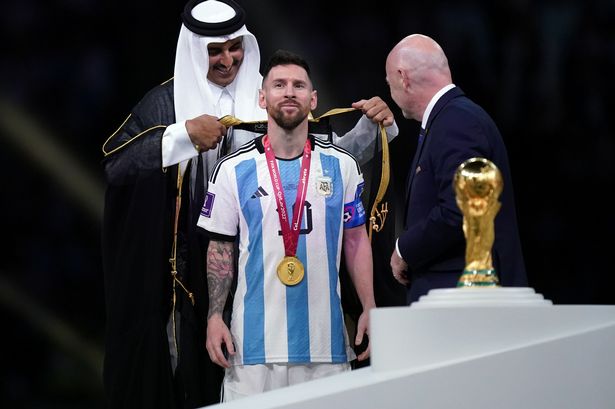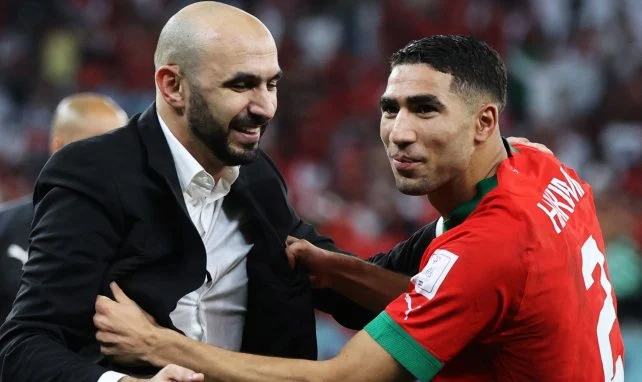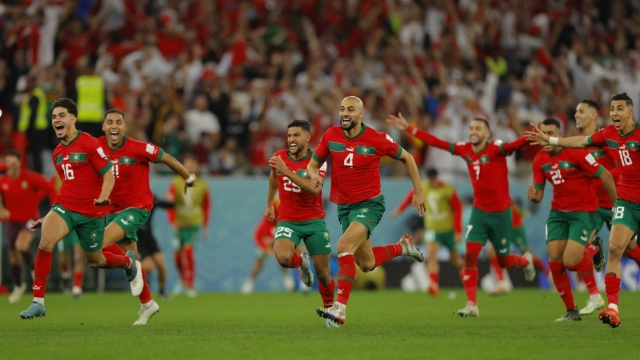Some famous Western media outlets displayed abject racism when Qatar Emir draped a Gulf bisht over the shoulders of Argentina’s star Lionel Messi as he was about to lift the World Cup.
In a live comment on this action, Estelle Denis and Stephane Guy of France’s BFM TV said they were shocked, unleashing a spate of racist comments, and describing the bisht as a bathrobe that hid the colors of Argentina.
Other media, such as the Guardian were more nuanced in their racist outlook saying the act by the Emir of Qatar provoked “mixed feelings”.
Other newspapers were more straightforward describing the bisht gesture as a “bizarre act” that “ruined the greatest moment in World Cup history.” The Mirror’s said Messi was “forced to cover Argentina shirt.”
ESPN correspondent Mark Ogden described the bisht as “a cape that looks like he’s about to have a haircut.”
These Western media and others all allowed themselves to speak on behalf of Messy without even asking his or Argentina’s team opinion. Messi himself did not object to this act.
Such racist comments reflect ignorance of local hospitality traditions. Pelé for example was presented with a sombrero during the 1970 World Cup in Mexico.
Offering a bisht is a honorary and respectful gesture that also reflects hospitality especially when it is offered by a King whose country discredited all hateful critics by its success in organizing the World Cup for the first time in an Arab nation.
Prior and during the start of the World Cup, Qatar was subject to a heinous campaign by LGBT groups backed by Western governments intent on imposing Western values on the rest of the planet.
Elsewhere, a Danish TV compared Moroccan players to apes citing their attachment to their families which came to support them on the stadium. Although the TV apologized later, it only reflects a primitive racism towards non-western cultures and a lack of understanding of a family role that is lost in Western societies but still important in Morocco.
Der Welt of Germany also apologized for having compared the way Moroccan players raise their finger to thank God to ISIS fighters. A comparison that feeds far-right extremist rhetoric and reflects the West’s islamophobia and the racism endured by Muslims in some European societies.
The bottom line is that the World Cup in Qatar destroyed racist rhetoric and showed that a Muslim country can succeed in hosting such a global tournament where another majority-Muslim and African country made a memorable run to the semi-finals, backed by enthusiastic fans championing passion for football and fair play.



